In the ever-evolving landscape of logistics and transportation, the quad axle skeletal trailer stands as a beacon of efficiency and capability. Designed predominantly to accommodate containers, these trailers are pivotal for businesses engaged in freight and shipping operations. With their exceptional load distribution, enhanced stability, and versatility, quad axle skeletal trailers emerge as one of the most sought-after solutions in the industry.
What is a Quad Axle Skeletal Trailer?
A quad axle skeletal trailer is a specialized type of semi-trailer designed for the transport of intermodal containers. Unlike traditional trailers, which may have a more solid structure, skeletal trailers feature a minimalist design composed mainly of a series of beams that provide a sturdy yet lightweight frame. This design enables them to effectively secure and transport standard shipping containers, making them ideal for intermodal freight transport.
Key Characteristics:
- Axle Configuration: The four-axle configuration enhances the load-bearing capacity, allowing for heavier cargo while ensuring better weight distribution.
- Lightweight Frame: Constructed from high-strength steel or aluminum, these trailers maintain a low weight, which is crucial for maximizing payload efficiency.
- Intermodal Compatibility: Specifically designed for easy loading and unloading of containers, compatible with ISO standards.
- Versatility: Capable of adapting to various container sizes, typically 20, 40, and 45-foot containers.
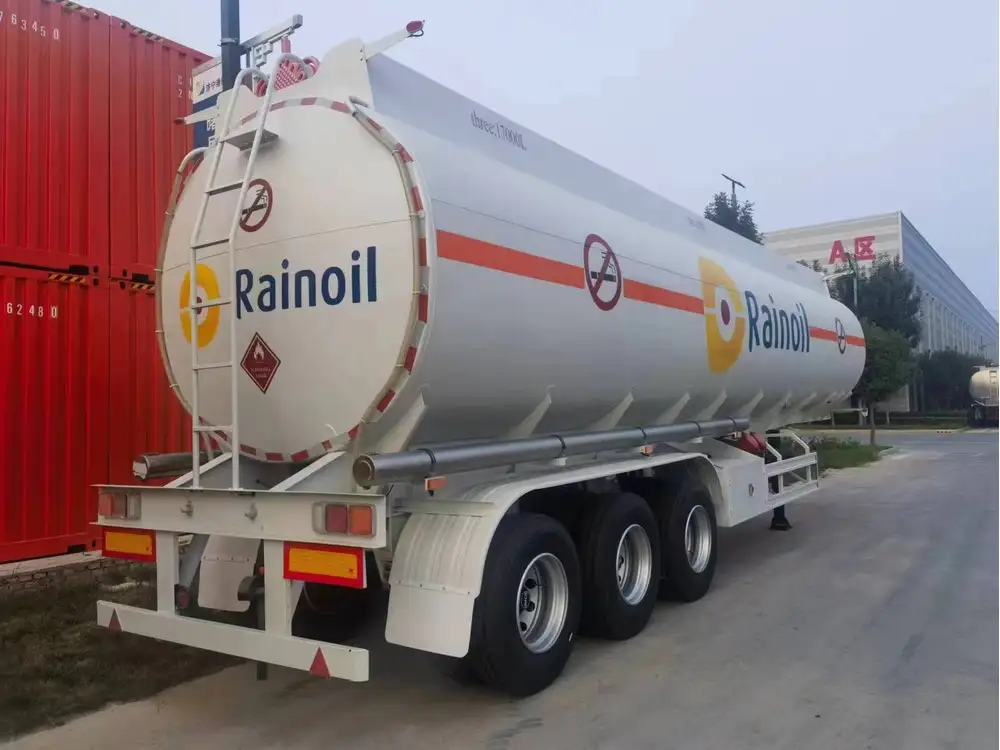
Advantages of Quad Axle Skeletal Trailers
1. Enhanced Load Capacity
The quad axle design significantly increases the weight capacity of the trailer. While tandem axle trailers typically support loads of around 34,000 lbs, quad axle trailers allow for a gross vehicle weight rating (GVWR) of up to 80,000 lbs, depending on specific configurations and local regulations. This increased capacity enables transportation of heavier containers without compromising safety and compliance.
2. Superior Stability and Control
With an additional pair of axles, quad axle skeletal trailers offer enhanced stability during transport. This is particularly beneficial when traversing uneven terrain or navigating tight corners. The increased number of axles helps to distribute the weight more evenly, reducing the risk of sway and making handling more predictable.
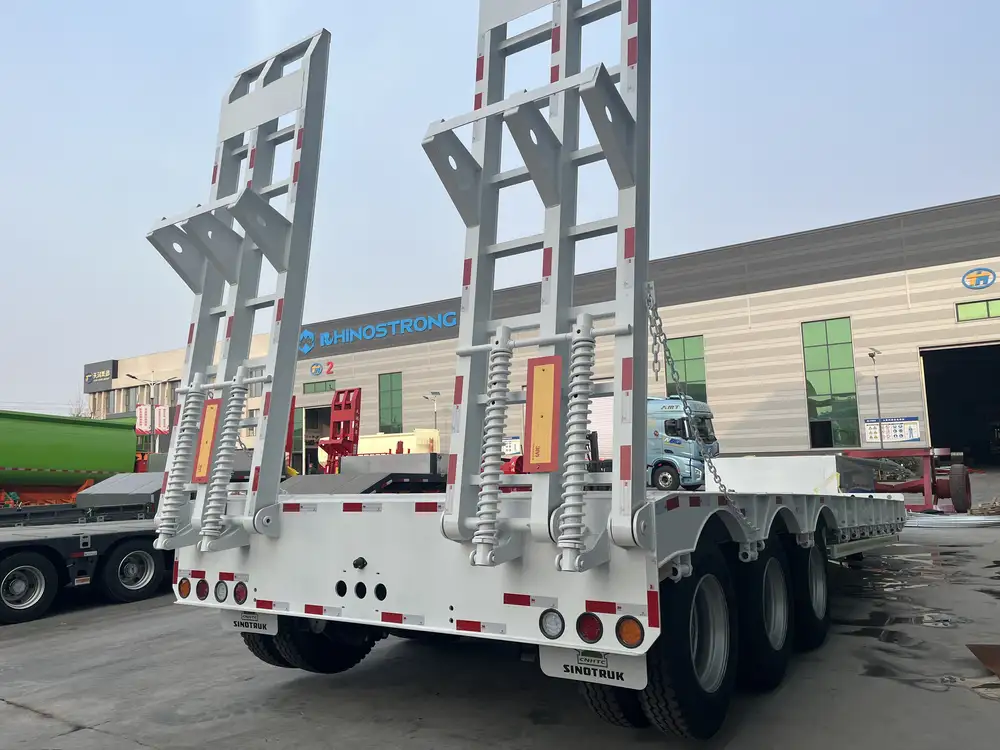
3. Regulatory Compliance
In many regions, quad axle trailers are designed to meet specific state and federal regulations concerning weight limits and axle configuration. This compliance minimizes the risk of penalties or fines during inspections, ensuring that companies can operate efficiently without regulatory hassles.
4. Extended Durability and Lower Maintenance
Due to the robust construction and efficient load distribution offered by quad axle trailers, they often exhibit a longer lifespan compared to standard trailers. Additionally, the uniform wear across multiple axles results in lower maintenance costs over time, making them a cost-effective solution for long-term operations.
Specifications and Configurations of Quad Axle Skeletal Trailers
Understanding the specifications of quad axle skeletal trailers is crucial for manufacturers, dealers, and users alike. Below are various elements and configurations that are essential when considering purchase options:
| Feature | Description |
|---|---|
| Overall Length | Typically ranges from 40′ to 53′ |
| Width | Common width is 102 inches (8.5 feet) |
| Height | Varies, typically around 4 feet |
| Weight Capacity | Up to 80,000 lbs GVWR approximately |
| Container Compatibility | Accommodates 20′, 40′, and 45′ containers |
| Axle Type | Air ride suspension for enhanced load control |
| Braking System | Air brakes or hydraulic brakes utilized |
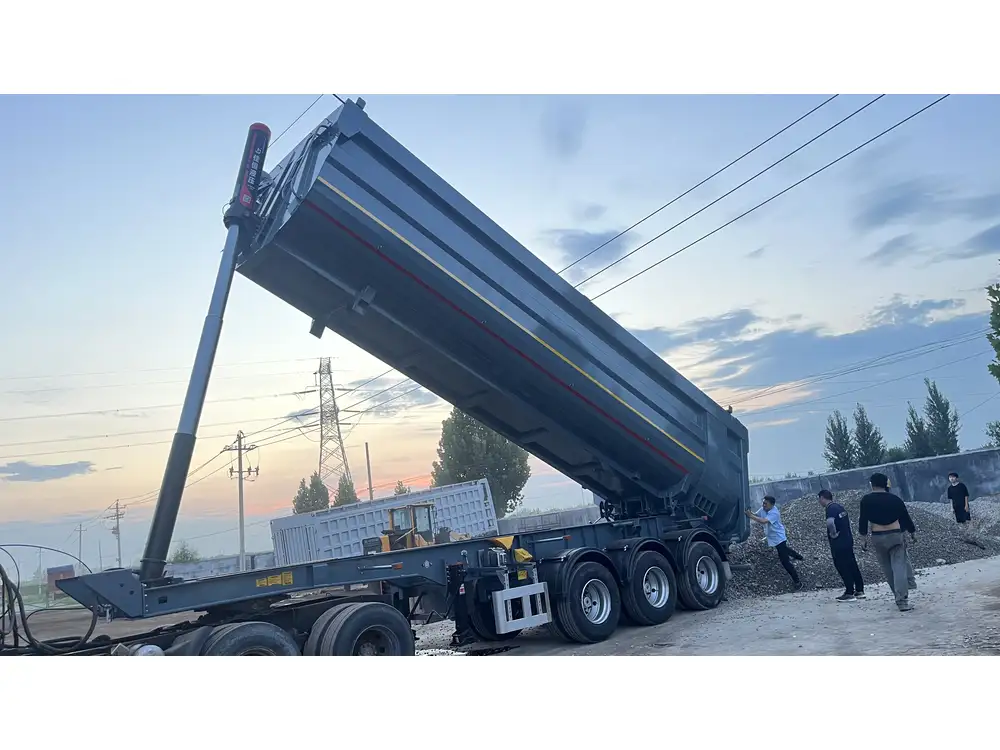
Design Variations
- Fixed vs. Sliding: Some quad axle trailers feature sliding axle designs that allow for adjustments in weight distribution.
- Drop Deck vs. Flat Deck: Drop deck skeletal trailers cater to taller containers, while flat deck trailers accommodate a variety of container configurations.
Choosing the Right Quad Axle Skeletal Trailer
When selecting a quad axle skeletal trailer, it is imperative to consider several factors:
1. Intended Use
Identify whether the primary requirement is for transporting standard containers or specialized loads. This will dictate the configuration required, as well as any additional features such as adjustable heights or securing mechanisms.

2. Regulatory Requirements
Make sure to familiarize yourself with local laws governing transportation weight limits, axle configurations, and trailer specifications to ensure compliance.
3. Budget Constraints
Determine the budget, keeping in mind that while quad axle trailers may have a higher upfront cost due to their advanced design and construction, they often save money in the long run due to their durability and lower maintenance requirements.
4. Manufacturer Reputation
Select manufacturers known for quality and reliability. Research customer reviews, warranty offerings, and aftermarket support services to gauge the quality of the product you intend to purchase.
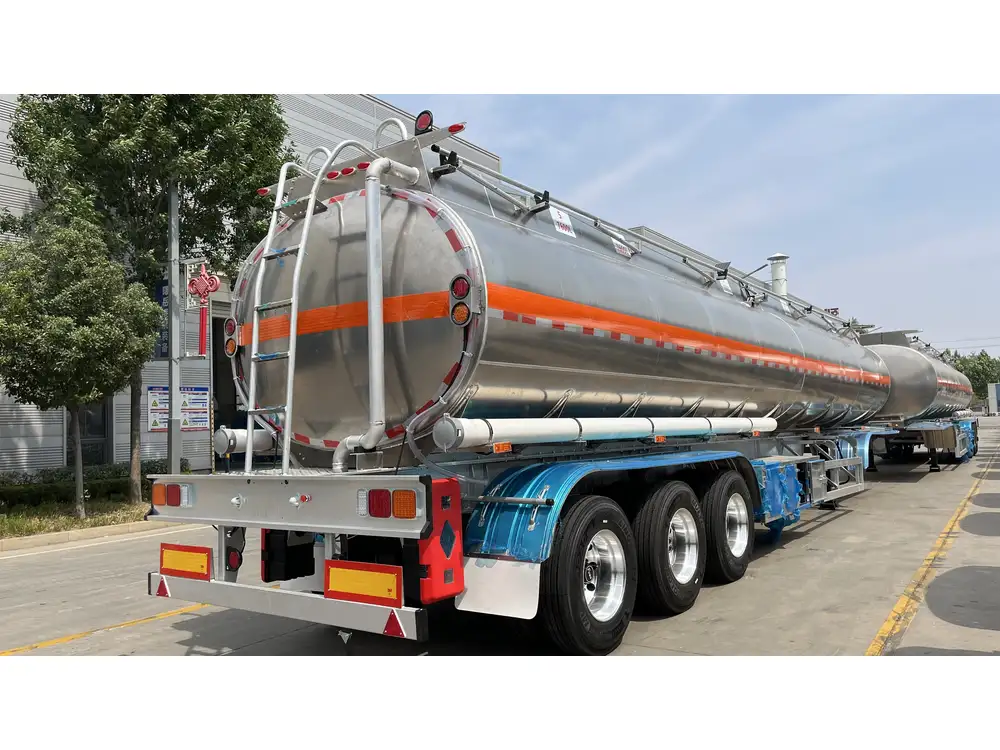
Maintenance Tips for Quad Axle Skeletal Trailers
Proper maintenance is crucial for maintaining the integrity and performance of quad axle skeletal trailers. Here are best practices for ensuring longevity and functionality:
Regular Inspections:
- Pathways of All Axles: Inspect for any signs of wear and tear, including cracks or rust, and ensure all components are securely fastened.
- Brake Systems: Routine checks on the air or hydraulic braking systems are essential for ensuring safety during transport.
Lubrication:
- Regular lubrication of moving parts helps prevent wear and extends the life of the trailer components. Particularly focus on suspension and wheel bearings.

Tire Health:
- Adequately monitor tire pressure and tread depth, as the axles of a quad trailer bear a significant amount of weight.
Cleaning:
- Cleaning the trailer regularly prevents buildup of debris and materials that may cause corrosion or damage over time.
Quadrant Dynamics: The Future of Quad Axle Trailers
Technology is continuously evolving, and this evolution impacts the manufacturing and utilization of quad axle skeletal trailers. The future of these trailers looks promising, driven by advancements in technology and changing logistics needs.

Integration with IoT
The emergence of the Internet of Things (IoT) will allow for real-time tracking and monitoring of cargo, optimizing routes and increasing efficiency. Companies will soon be able to access metrics on load distribution, axle performance, and even predictive maintenance capabilities.
Sustainable Development
As the focus on sustainability grows, manufacturers are also adopting eco-friendly materials and practices that help reduce the overall carbon footprint of trailers. Innovations in lightweight materials and fuel-efficient designs will contribute to green logistics.
Frequently Asked Questions (FAQs)

1. How much weight can a quad axle skeletal trailer typically carry?
Answer: Quad axle skeletal trailers can support a gross vehicle weight rating (GVWR) of up to 80,000 lbs, though this may vary based on local regulations.
2. What types of containers can a quad axle skeletal trailer carry?
Answer: These trailers are compatible with standard ISO containers, including 20′, 40′, and 45′ containers.
3. Are quad axle skeletal trailers cost-effective?
Answer: While they may have a higher initial cost, their durability, lower maintenance requirements, and increased load capacity often make them a cost-effective choice over the long term.
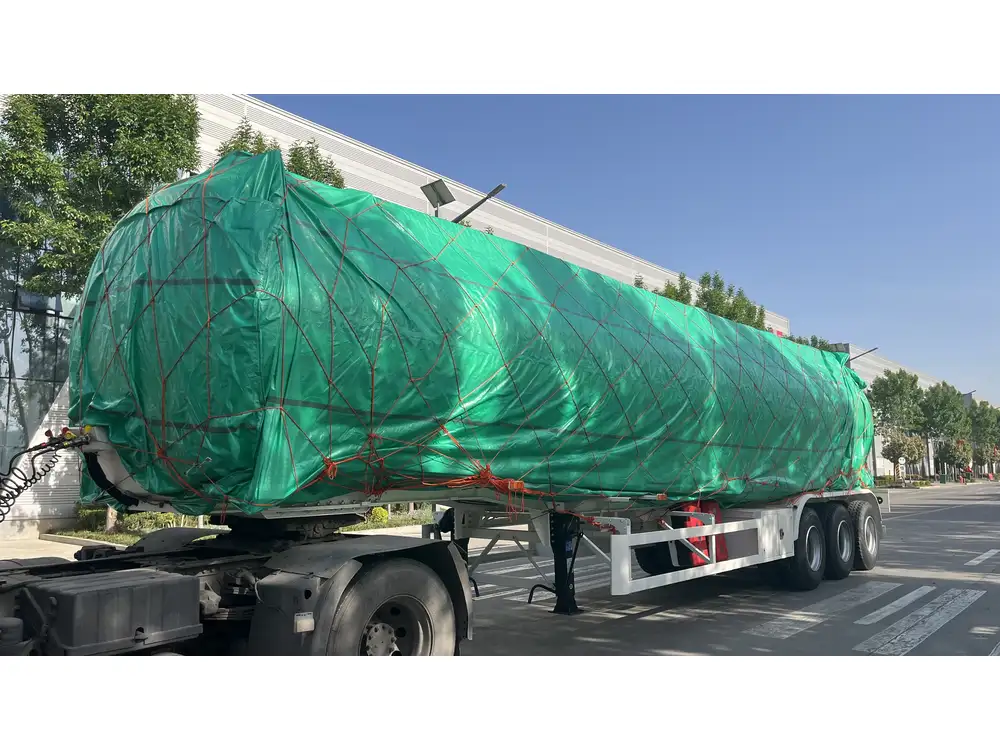
4. Is special licensing required to operate a vehicle with a quad axle trailer?
Answer: It varies by region. Always consult your local transportation authority to determine if specific licensing or endorsements are required.
Conclusion
Quad axle skeletal trailers represent a crucial aspect of modern transportation logistics, blending efficiency, capacity, and compliance in a manner that few alternatives can match. Their growing popularity within the freight industry is a testament to their versatility and reliability. By understanding their functions, advantages, maintenance needs, and future potential, businesses can make informed decisions that will enhance their operational capabilities and navigate the complexities of today’s supply chain challenges effectively.
Investing in a quad axle skeletal trailer isn’t merely about purchasing a vehicle; it’s about strategically positioning your business for success in an increasingly competitive landscape. With due diligence, careful selection, and a commitment to maintenance, these trailers can deliver exceptional value and serve as foundational assets within your fleet.



